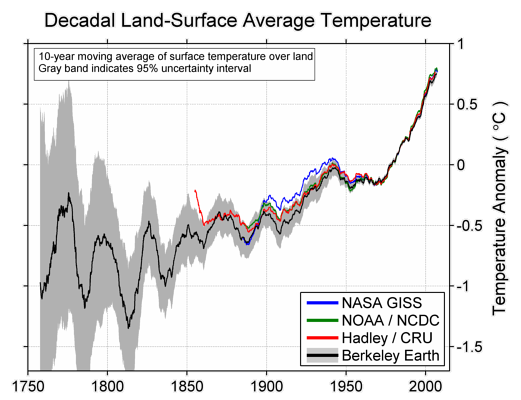Frigidweirdo
Well-known member
- Joined
- May 7, 2019
- Messages
- 1,945
- Reaction score
- 461
- Gender
- Undisclosed
- Political Leaning
- Undisclosed
The cycle is much longer than 100,000 years, and we will adapt to whatever comes along or die out like any other species.
The question is how much of a change could Humans cause, and would it be significant?
The answer, at least as far as CO2 is concerned, is no, we do not have enough CO2 to matter.
Baseless opinion and not much else here.




